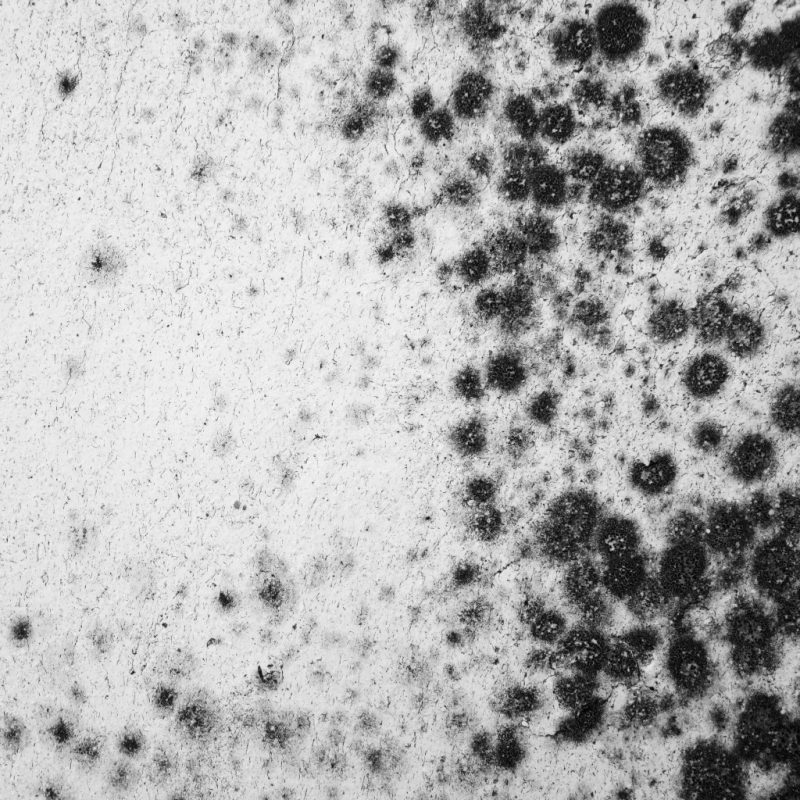If you’re a homeowner, there’s nothing worse than discovering black mold in your home. Not only is it unsightly, but it can also wreak havoc on your family’s health. But before you make any hasty decisions, it’s essential to understand the potential health issues associated with black mold and what you can do to mitigate them. Here’s what you need to know about black mold.
What is Black Mold?
Black mold is a type of fungus that grows in wet, dark environments—most commonly in basements, bathrooms, and kitchens. It has a musty odor and appears as green or black spots on walls and floors. The scientific name for the most common type of black mold is Stachybotrys Chartarum or Stachybotrys atra.
Since the fungus grows in areas where moisture is found, it’s essential to repair any leaks or water damage and minimize the humidity in your home. Preventing black mold from growing in your home is vital to protecting your family’s health.
Health Issues Associated with Black Mold
Though not all types of black mold are considered dangerous, Stachybotrys Chartarum produces toxins called mycotoxins that can be harmful when inhaled. Common symptoms of exposure to these toxins include coughing, sneezing, watery eyes, skin irritation and rashes, headaches, nausea, and worsening asthma symptoms.
The fungus at home can also cause respiratory problems such as bronchitis or pneumonia. People with asthma may also experience attacks when exposed to black mold. They may experience coughing, wheezing, shortness of breath, chest tightness, and other symptoms.
If you or a family member is experiencing any of these symptoms and you suspect it’s due to black mold in your home, seek medical attention right away. It’s important to prioritize your health and take the necessary steps to contain mold from spreading further in your home.
How Can I Prevent Black Mold Growth?
Preventing black mold growth in the house is essential to promoting a healthy living environment. Here are some tips to help stop the growth of black mold:
Keep Humidity Levels Low
High humidity levels provide an ideal environment for black mold to grow. To prevent this, use a dehumidifier or air conditioner in damp areas and open windows when the weather is nice to allow fresh air to circulate.
Make sure to clean air filters and ducts regularly, as they can accumulate moisture and provide a breeding ground for mold. Also, make sure to repair any leaky pipes or fixtures quickly, as these can lead to high humidity levels in the home.
Additionally, use exhaust fans when showering and cooking to help disperse excess moisture in the air. By keeping humidity levels low and regular cleaning, you can prevent black mold from growing in your home.
Check for leaks
Leaks are an ideal environment for black mold to grow. Check your home regularly for any signs of water damage or leaks and repair them immediately. If the problem persists, it is best to work with a reliable metal roof repair service to prevent water from entering the house. The professional service can inspect and make the necessary repairs to prevent water from entering the house.
If you find mold in your home, properly clean and disinfect the affected area and take steps to prevent future mold growth. Proper ventilation of high-humidity areas such as bathrooms and kitchens can help reduce the risk of black mold developing.
Use fans
Fans help to increase air circulation, which prevents stagnant air and helps keep black mold from growing. Place fans in areas of your home where there is a known issue with high humidity or dampness, such as the basement or bathroom. Make sure to keep the fans running and adequately ventilated for maximum effect. If you notice that your home has a lot of black molds, it might be time to invest in an air purifier to help filter out any possible spores. Installing dehumidifiers can also help maintain low humidity levels, making mold difficult to grow.
Clean often
Regularly cleaning and wiping down surfaces in your home can help prevent the growth of black mold. Wipe down windowsills, bathroom walls, and other areas prone to moisture with a mild cleaner and a damp cloth. Make sure to dry the area thoroughly afterward.
Proper ventilation
Ensure your home is properly ventilated by opening windows, using exhaust fans in the kitchen and bathrooms, and running the air conditioner or dehumidifier when necessary. This will help keep humidity levels at an acceptable level, preventing black mold growth. Proper ventilation also helps reduce allergens, dust, and other indoor air pollutants. Regularly replacing the filters in your HVAC system can also help improve indoor air quality for better health.
Black mold can have serious health implications if left unchecked. However, following the steps enumerated in the article can help homeowners‘ families take steps to prevent its growth and reduce the risk of exposure to its potentially hazardous toxins. These preventative measures will help ensure your home stays safe from potentially harmful contaminants like black mold!

